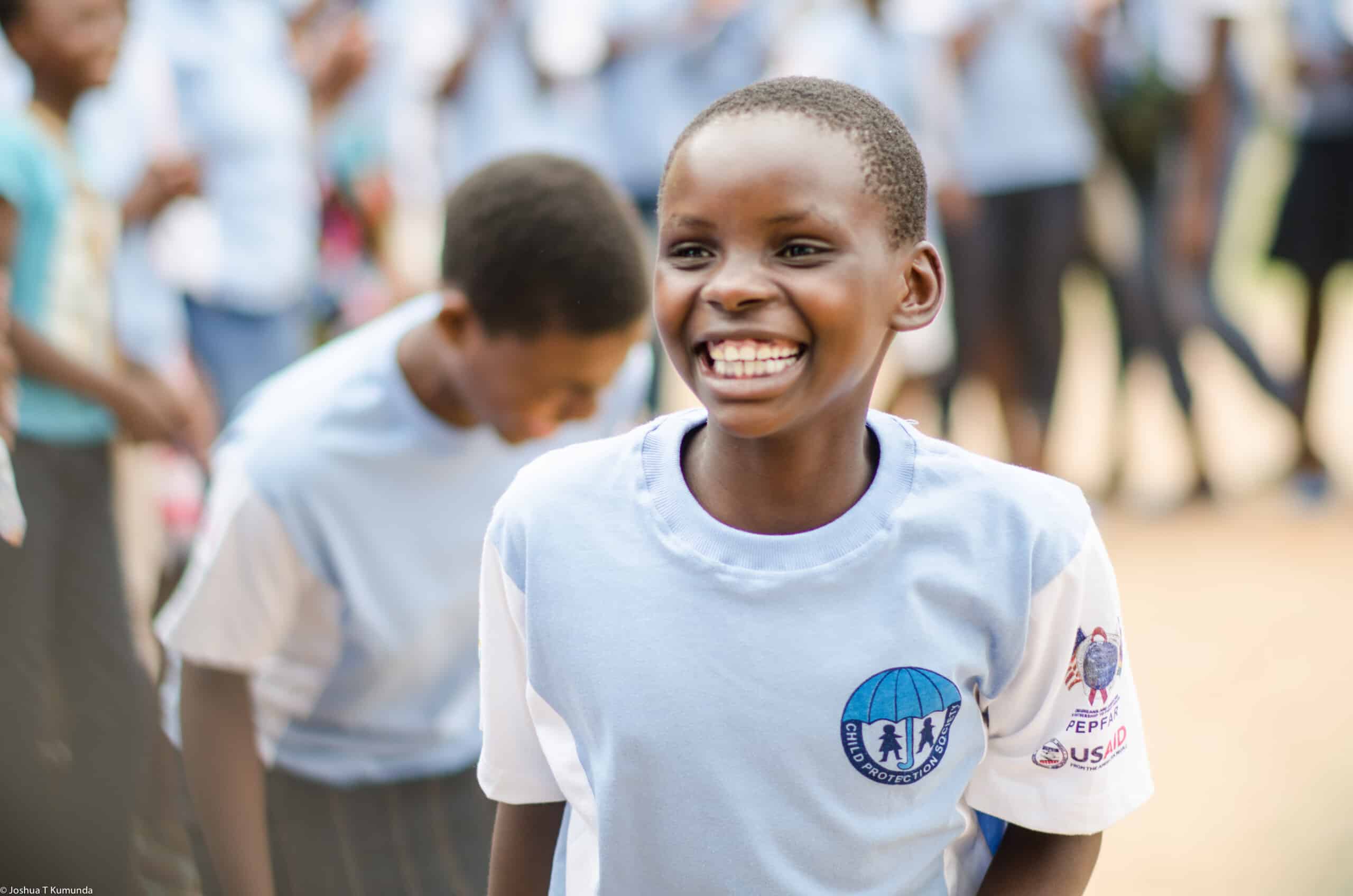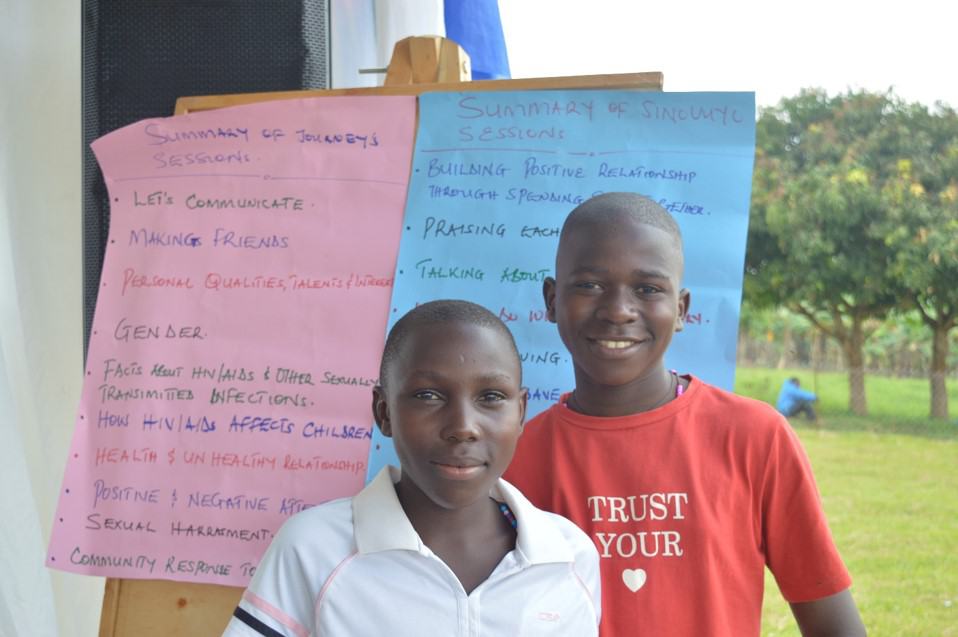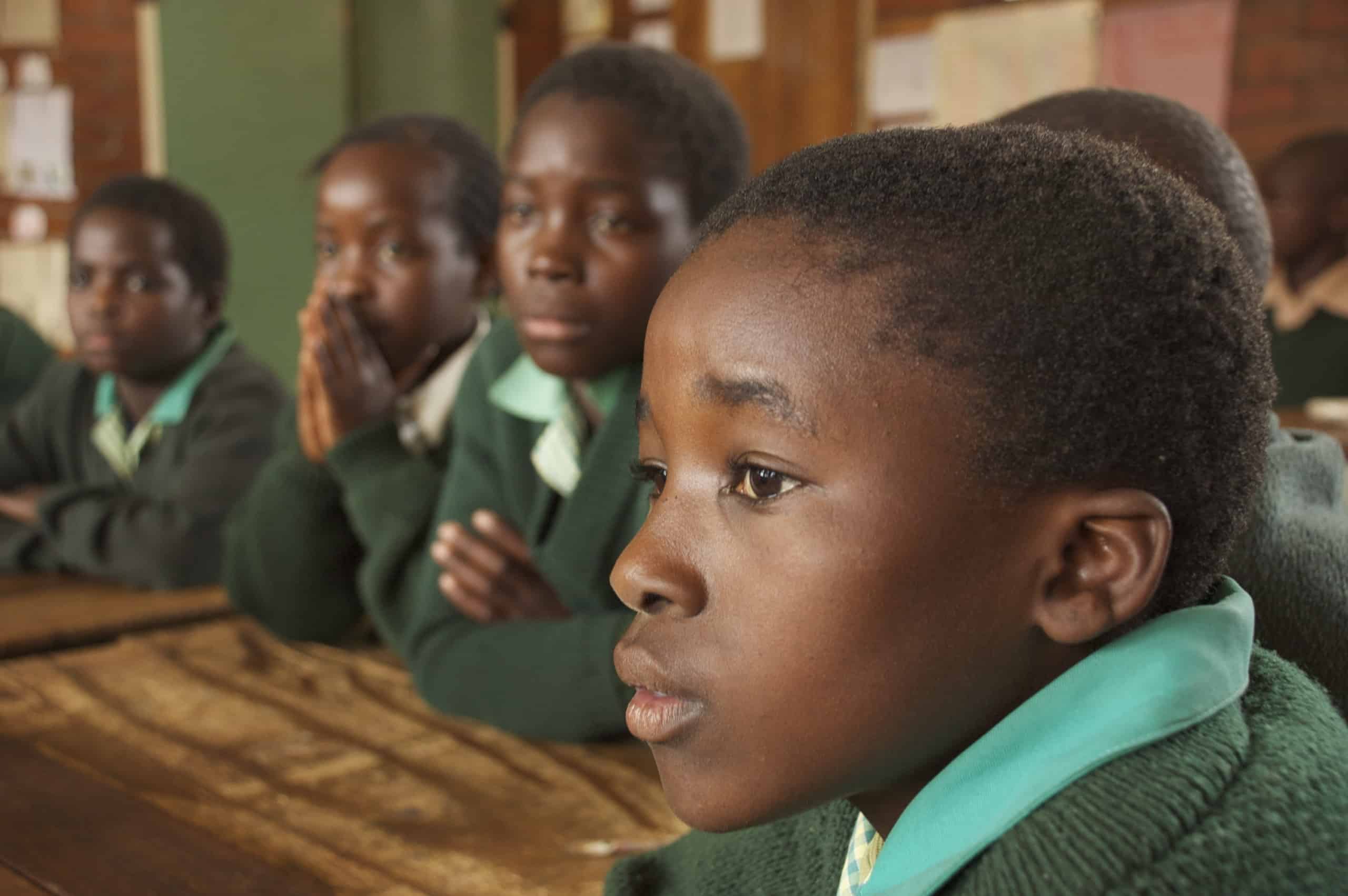We focus on helping children, young people, and families access essential health, education, economic strengthening, and social services. Our models of care build on existing community structures to meet the comprehensive needs of children and adolescents, especially girls and those living with or vulnerable to HIV, disabilities, or violence.
Working closely with the Government of Zimbabwe, we have developed and implemented an integrated HIV-sensitive national case management system that has become a model for the southern Africa region.
Our ongoing work with UNICEF strengthens linkages and referral systems between community and government health and social service providers. This includes building system capacity for child protection in emergencies and training frontline workers to link vulnerable families to health and HIV, education, protection, and livelihoods services.
In partnership with the Department of Social Welfare, which serves more than 100,000 children annually in 20 districts across the country, our UNICEF-supported Spotlight Initiative strengthens case management workforce capacity in five high-need districts, enabling multi-sectoral coordination in cases of violence against women and children.
In partnership with our local affiliate Bantwana Zimbabwe, under PEPFAR, we are implementing the social protection component of the CDC DREAMS project in the Matabeleland North Region. This effort is reaching 18,612 vulnerable adolescent girls and young women (AGYW) and their caregivers with comprehensive HIV and gender-based violence (GBV) prevention programs, education support, and linkage to youth-friendly sexual and reproductive health (SRH) services.
Our Siyakha Girls Economic Empowerment Initiative builds resilience of vulnerable AGYW through financial literacy, vocational training, and internships in male-dominated trades, layered with social asset building and referrals to clinical HIV, GBV, and SRH services. We are supporting DREAMS implementing partners across the region to adapt and scale the initiative, which PEPFAR endorsed as an evidence-based model for economic strengthening.
We started working in Zimbabwe in 2008 through the USAID/PEPFAR-funded Children First project, which reached thousands of children and families affected by the combined effects of social and economic decline and the HIV epidemic. The Vana Bantwana project built on Children First’s achievements, reaching more than 100,000 children and their families by strengthening the social service system and local health facilities, scaling up early childhood programs to reach children living with disabilities, and expanding youth and livelihoods programming.





